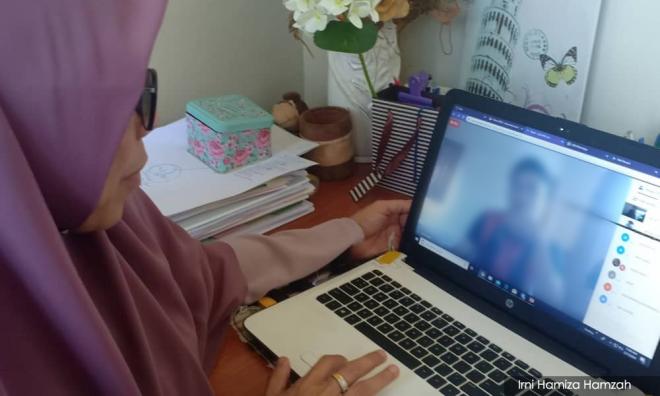
The coronavirus pandemic has rocked the world abruptly causing a change in almost every industry. Some have come to a complete halt like air travel and some accelerating rapidly like e-commerce. Shopify CEO Tobi Lutke claimed to have scraped existing plans because the future of retail just arrived 10 years early.
As a student whose mother, the sole breadwinner of the family, is a teacher, I always wondered how can the education system change in a way that tuition fees can be reduced and not affect the income of educators or better still increase it.
Tuition fees have increased at least three folds from what it used to be before the Private Higher Education Institutions Act 1996, turning education into a business. I am not saying that is bad, it has accelerated growth in the education sector giving more people access to tertiary education.
But every business market must have its prices checked and balanced especially for essential goods such as education. Without a doubt, the National Higher Education Fund Corporation (PTPTN) has helped many Malaysians to further their education. However, it has also indirectly helped to increase tuition fees as is anything that comes with easy credit.
Looking at how the pandemic has affected the way we do things or as it’s called the "new normal", I for one welcome the move made by the majority of institutions to conduct online lectures. Although it is meant to be a temporary solution, this has paved the way to remove the common stigma of online degrees not carrying much weight in comparison to face-to-face learning.
In my opinion, online learning can be a solution to lowering tertiary education fees and should be implemented beyond the pandemic. Universities can deliver lectures that don’t require the use of labs and physical resources online.
The majority of students are working part-time, and this will help them take up more important roles as their studying hours become more flexible. This will give them working experience and needed soft skills in the face of growing unemployment. They may have even developed their side hustle into a real business by the time they graduate.
Employers generally feel that there is a gap in graduate skills and universities do not prepare students for the industry. On the contrary, the main purpose of a university is for research, hence we cannot blame them.
International students are also a major source of income for universities. Going online would allow far greater reach in terms of prospective students. Distance learning is now than ever vital to the health of universities with the global travel restrictions in place.
A recent QS survey of more than 20,000 students worldwide showed that 49 percent of respondents are interested in starting their studies in the upcoming academic year even if it meant conducting the course online. This is a golden opportunity not to be missed.
Alas, if this "new normal" of tertiary education can lower tuition fees, increase university revenue and provide better compensation to lecturers, then it would be killing three birds with one stone! - Mkini



No comments:
Post a Comment
Note: Only a member of this blog may post a comment.